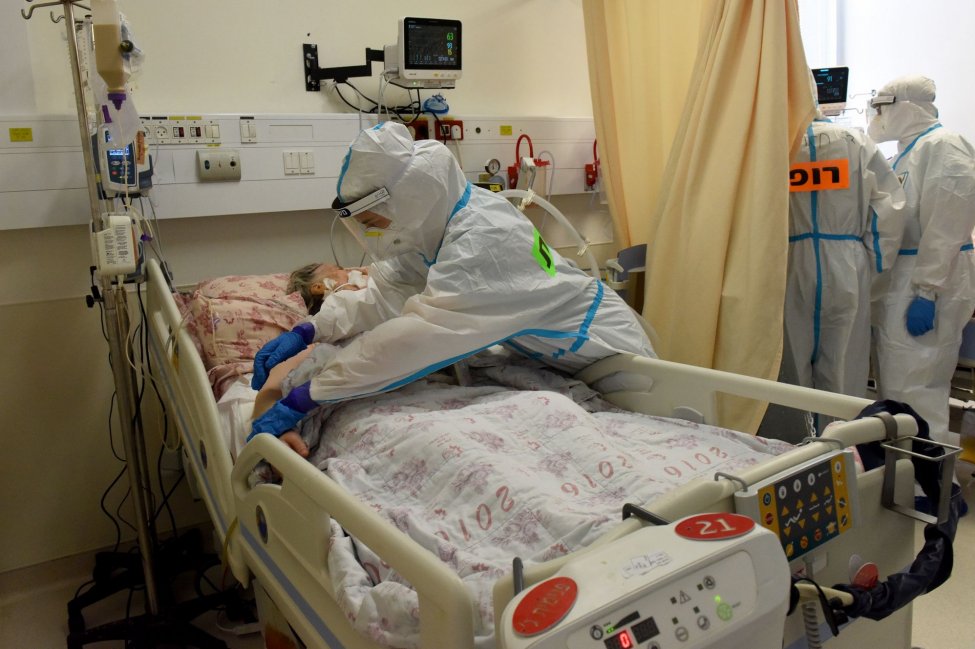Jan. 18 (UPI) — Blood samples collected from patients with severe COVID-19 can be analyzed by a machine learning approach to predict whether they will recover and survive or die from the disease, a study published Tuesday by PLOS Digital Health found.
Fourteen proteins found in blood samples used in the study changed in opposite directions for patients who survived compared to those who did not, according to the researchers.
Based on these findings, the research team, from Charité Berlin, an academic hospital in the German capital, developed a machine learning model designed to predict COVID-19 survival based on a single time-point measurement of these proteins.
“For physicians, it is difficult to estimate the individual risk for a patient of deterioration and/or death from COVID-19,” study co-author Florian Kurth said in a press release.
“Our study shows that a combination of [protein] markers, combined in a risk prediction model based on artificial intelligence, can fairly well predict the probability that an individual patient will die or survive,” he said.
Researchers tested the model in 24 critically ill COVID-10 patients being treated in the hospital’s intensive care unit. It correctly predicted outcomes for 18 of 19 patients who survived and five out of five who died, the data showed.
Since the start of the pandemic, hospitals worldwide have struggled to care for large numbers of severely ill COVID-19 patients, according to the World Health Organization.
In the United States, where the Delta and Omicron variants of the virus continue to circulate, infected patients are overwhelming many hospitals across the country.
To properly triage, or prioritize, ICU patients with COVID-19 who will likely respond well to treatment over those who will not is essential, though often demoralizing, for front-line health workers to efficiently allocate care resources, the German researchers said.
For this study, they measured levels of 321 proteins in blood samples taken at 349 times from 50 critically ill COVID-19 patients being treated in two hospitals, one in Germany and the other in Austria.
Of the patients included in the study, 15 died within an average of 28 days of hospital admission. For those who survived, most spent about two months in the hospital, the researchers said.
Using the 14 blood proteins identified in the study, their machine learning approach may be useful in both identifying patients with the highest risk for death as well as for testing whether a given treatment changes the chances of survival for an individual patient, according to the researchers.
“We found 14 proteins which over time changed in opposite directions for patients who survive compared to patients who do not survive in intensive care,” Kurth said.
“Interestingly, the plasma levels of all of those proteins had been found to be altered by COVID-19 before [in other studies, [which] makes us particularly confident in our findings,” he said.
